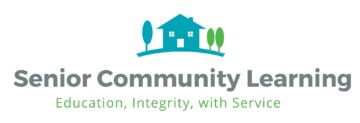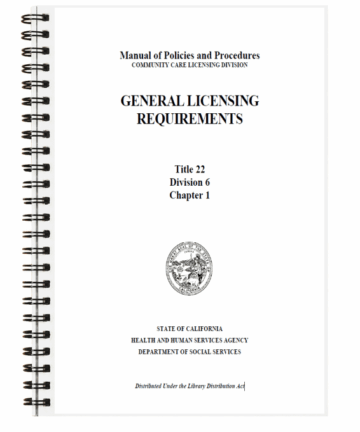As of January 1st, 2016 each RCFE shall ensure that each employee who assists residents with the self-administration of medications meets all training requirements.
Facilities licensed to provide care for 16 or more persons shall complete 24 hours of initial training. Facilities licensed to provide for 15 or fewer shall complete 10 hours of initial training. Ongoing training shall consist of 8 hours of in-service training related to medication issues.
Objective: Health and Safety Code, Section 1569.69.
Videos Included: All videos are new, created specifically for California requirements.
- Medication Management – Eye/Ear Drops
- Medication Management – Inhalers
- Medication Management – Oral Medications
- Medication Management – Transdermal Patch
- Medication Management – Controlled Substance
- Medication Management – Central Storage Record
- Medication Management – MAR
- Medication Management – Medication Forms and Routes
- Medication Management – Hand Hygiene
- Medication Management – Destroying Medications
- Medication Management – Medication Orders
- Medication Management – Personal Protective Equipment
- Medication Management – PRN Medications
- Medication Management – Storage
- Medication Management – The Six Rights
Details: Our training program has been designed to meet the following subject areas:
- The role, responsibilities, and limitations of staff who assist residents with the self-administration of medication, including tasks limited to licensed medical professionals.
- An explanation of the terminology specific to medication assistance.
- An explanation of the different types of medication orders: prescription, over-the-counter, controlled, and other medications.
- An explanation of the basic rules and precautions of medication assistance.
- Information on medication forms and routes for medication taken by residents.
- A description of procedures for providing assistance with the self-administration of medications in and out of the facility, and information on the medication documentation system used in the facility.
- An explanation of guidelines for the proper storage, security, and documentation of centrally stored medications.
- A description of the processes used for medication ordering, refills, and the receipt of medications from the pharmacy.
- An explanation of medication side effects, adverse reactions, errors, the adverse effects of psychotropic drugs for use in controlling the behavior of persons with dementia, and the increased risk of death when elderly residents with dementia are given antipsychotic medications.
Comprehensive: We understand that providers have an extremely difficult job, and it’s our job to make life easier by providing effective turnkey educational solutions. This training program will consist of the following easy to use components.
- Training Binder Organized by Subject
- Over 15 Videos Provided – USB Flash Drive
- Hands-On Shadowing Checklists
- Certificates of Completion
- Instructional Handouts
- Quizzes to Ensure Competency



